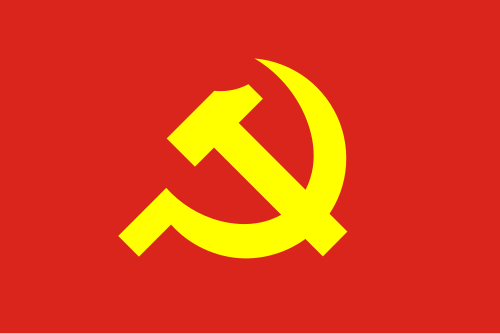The 12th National Congress of the Communist Party of Vietnam
The 12th National Congress of the Communist Party of Vietnam was convened from January 18 to January 20, 2016, at the My Dinh National Convention Centre in Hanoi. During this congress, a new 200-member Party Central Committee was elected, including 180 official members and 20 alternate members.
Leadership Elections
The Congress resulted in the election of key leadership positions during the First Plenary Session of the 12th Central Committee. Nguyễn Phú Trọng was re-elected as General Secretary, while Trần Đại Quang was nominated as President of Vietnam. Nguyễn Xuân Phúc became the Prime Minister, and Nguyễn Thị Kim Ngân was elected as the first female Chairwoman of the National Assembly.
Congress Objectives
The 12th National Congress evaluated Vietnam’s national leadership and development over the past 30 years of Doi Moi reforms. It also assessed the implementation of the 11th Congress policies from 2011 to 2015 and outlined new policies for the period from 2016 to 2020.
Preparations for the Congress
- Central Committee Nominations: The membership of the Central Committee was effectively decided during the 13th Plenary session of the 11th Central Committee held from December 14 to December 21, 2015.
- New Leadership Dynamics: Nguyễn Phú Trọng’s reappointment highlighted a shift in Vietnam’s political climate towards increased influence of public opinion and elite factionalism.
Evaluation of New Leadership
The new leadership aims to reaffirm the authority of the party while addressing corruption and guiding the nation towards further economic reforms. Key figures within the Politburo, including Nguyễn Xuân Phúc and Nguyễn Thị Kim Ngân, are pivotal in shaping Vietnam’s development agenda.
Post-Congress Reforms
- Economic Growth: The government is cautious about privatization, emphasizing the importance of state-owned enterprises (SOEs) in Vietnam’s economy.
- Cutting Red Tape: Various ministries are instructed to simplify investment processes to promote economic growth and reduce bureaucratic barriers.
- Anti-Corruption Campaign: A rigorous anti-graft campaign has been initiated, targeting high-profile cases of corruption within the party.
Foreign Policy Direction
Vietnam’s foreign policy emphasizes independence and self-reliance, focusing on multilateralism and diversification of international relations. The foreign policy framework aims to maintain good relations with both the United States and China while ensuring Vietnam’s interests are preserved amidst global shifts.
In conclusion, the 12th National Congress of the Communist Party of Vietnam marks a significant period aimed at strengthening leadership, combating corruption, and pursuing comprehensive economic reforms while navigating complex foreign relations.

